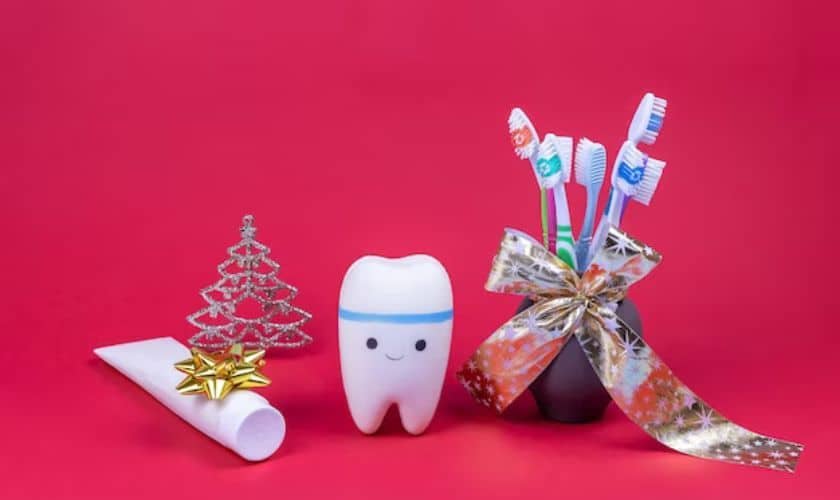Would you consider gum disease a serious concern? Many people may believe it a trivial matter, but various forms of the disease affect over 80% of adults in America. Gum disease is also the number one cause of adult tooth loss, but its destruction extends even beyond your teeth and their supporting structures. To help you understand the true dangers of the oral health condition, we explain the different stages of gum disease, and what they can mean for your oral health if you don’t seek treatment.
What Kind of Gum Disease Is It?
Gingivitis—Gum disease typically begins with excessive bacteria accumulating along your gum line. These germs release toxins that irritate your gum tissue, causing it to separate from your teeth and create periodontal pockets where more bacteria can collect. Some of these bacteria incite your immune system’s inflammatory response to invading microbes. Together, gum separation and inflammation mark the beginning stage of gum disease, called gingivitis.
Periodontitis—If caught early, gingivitis can typically be reversed with a deep periodontal cleaning and improved oral hygiene. If left unchecked, however, gingivitis will progress and become periodontitis, the more advanced form of gum disease. Periodontitis is not curable or reversible, but it is highly treatable. Unlike gingivitis, which affects your soft gum tissue that surrounds and protects your teeth, periodontitis delves deeper to afflict the jawbone that anchors your teeth’s roots. As the disease causes your jawbone to deteriorate, your tooth may become loose and eventually fall out or need extraction.
Protect Your Gums, and Your Smile
Recent studies have also shown that the presence of periodontitis and the germs that cause it can increase your risks of certain serious systemic diseases, including heart disease, lung disease, diabetes, and some forms of dementia. If you experience, red, swollen, or bleeding gums, or suspect that you might be at risk for gum disease, then we strongly advise scheduling a dental examination as soon as possible.





